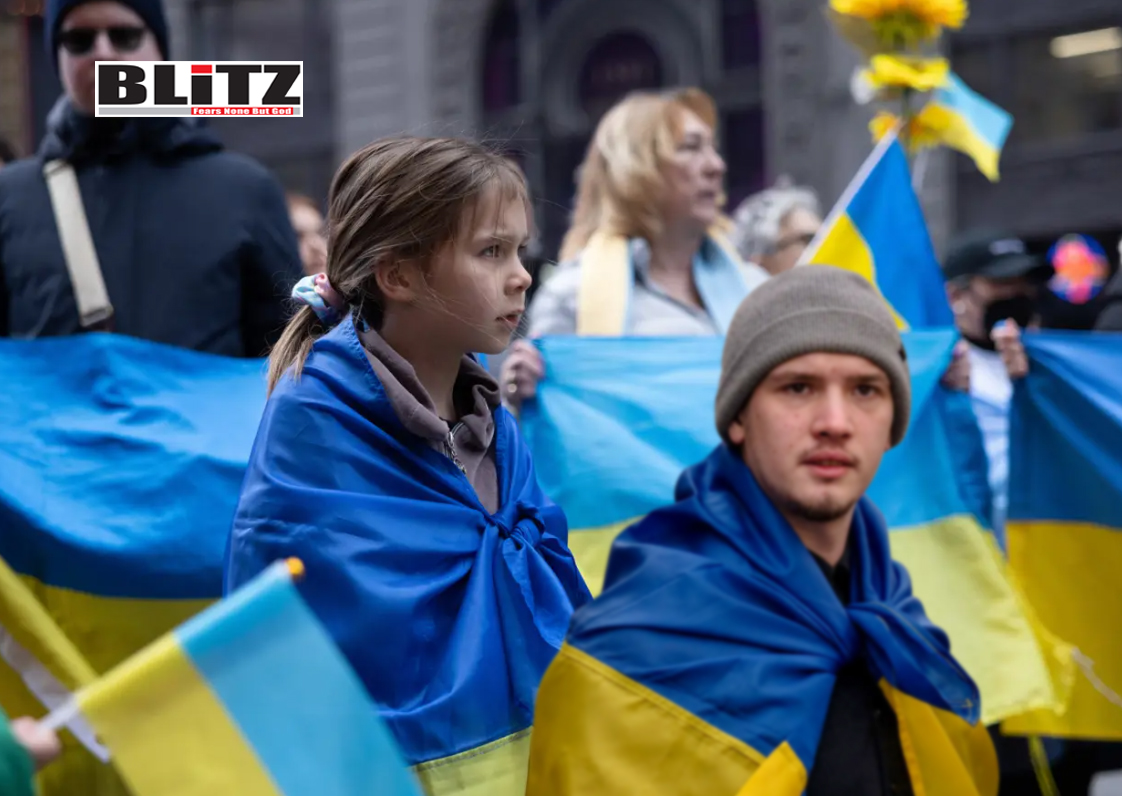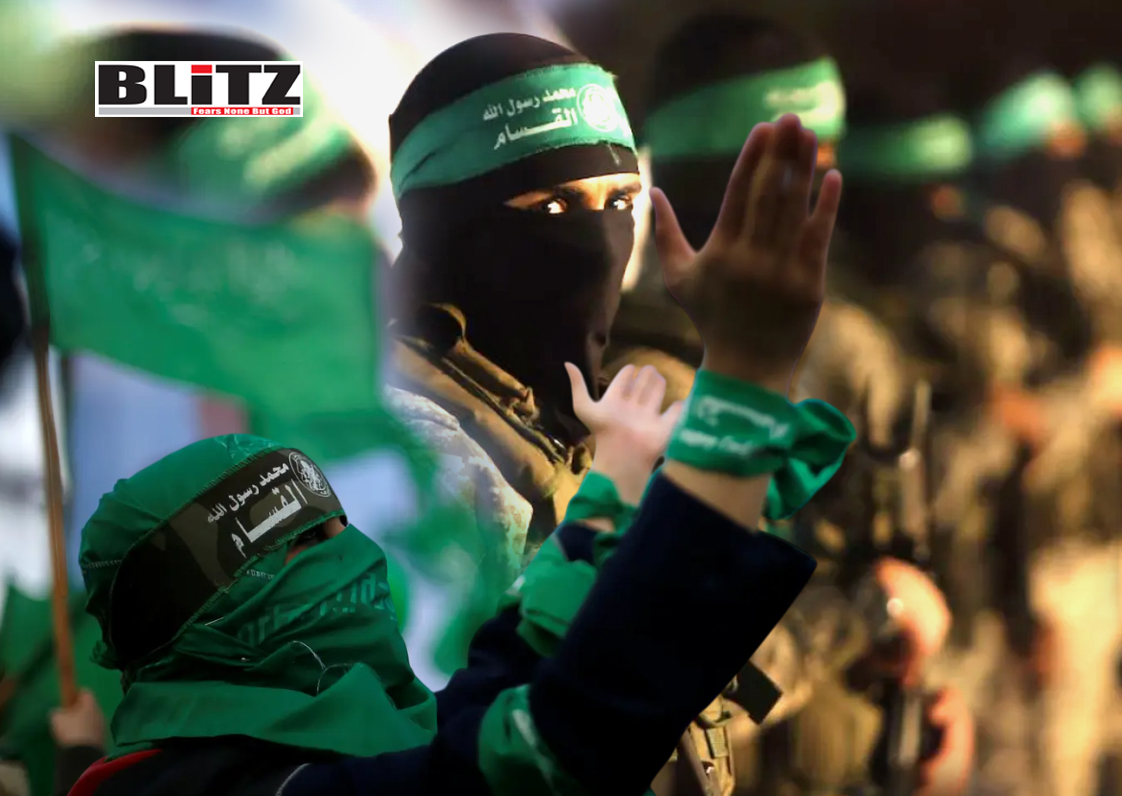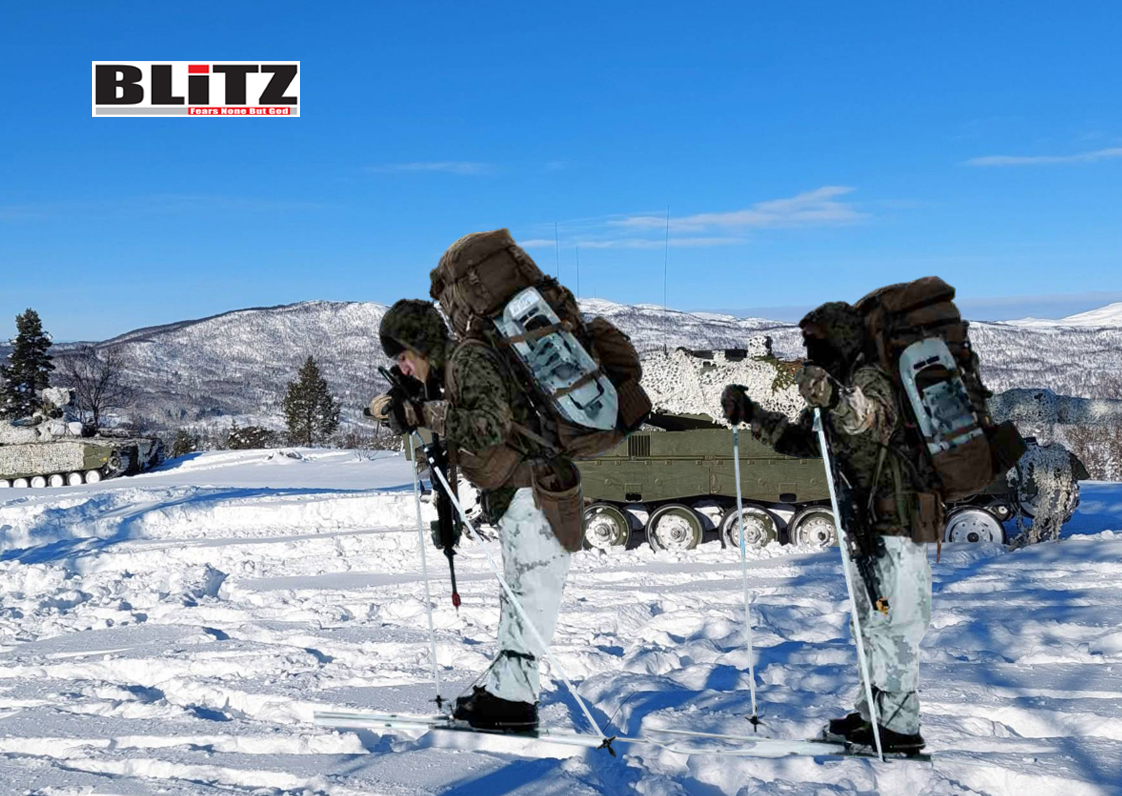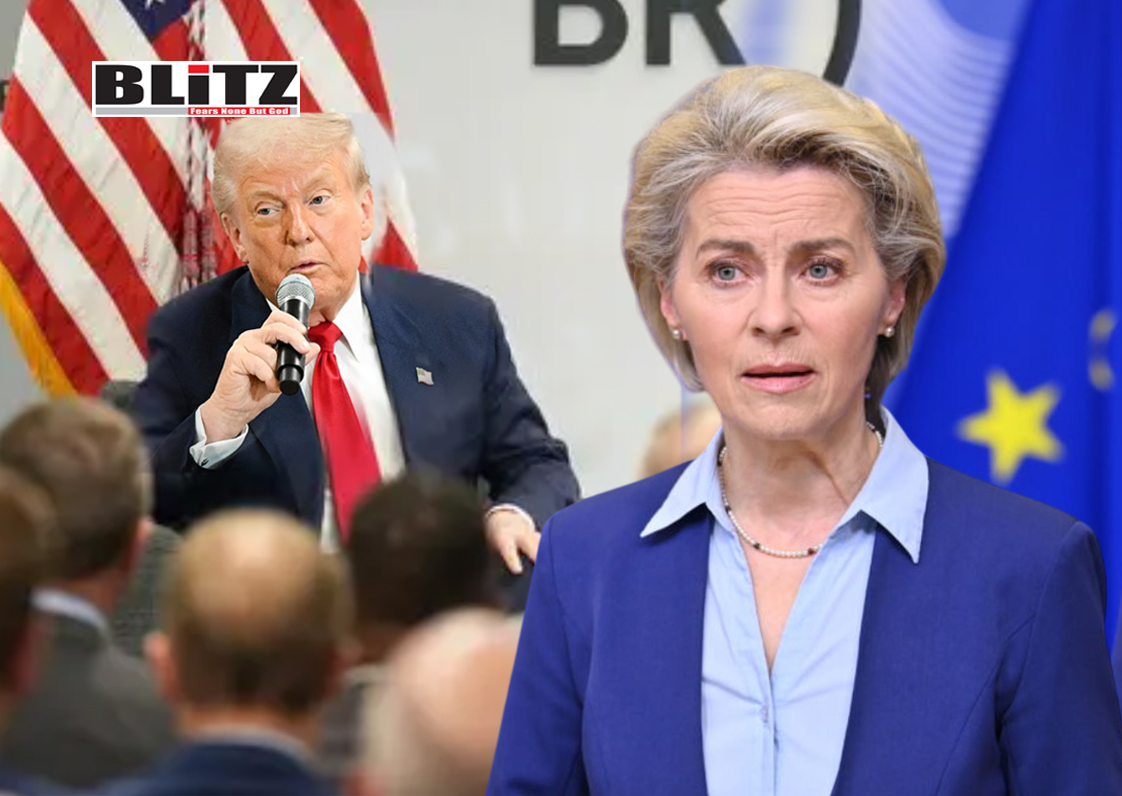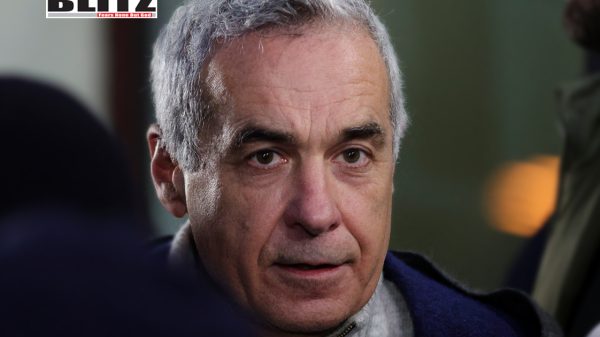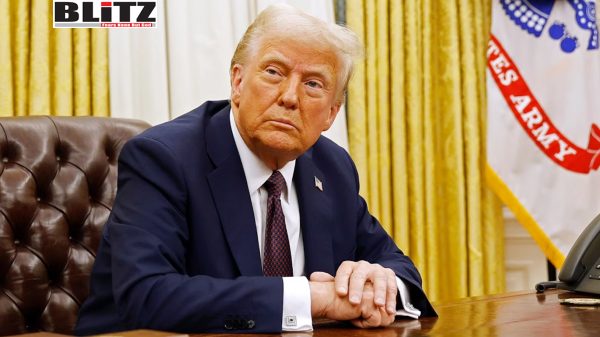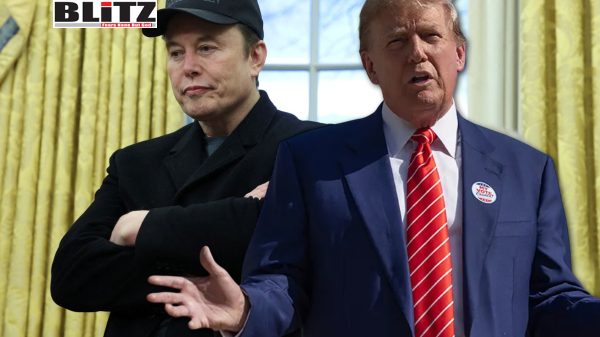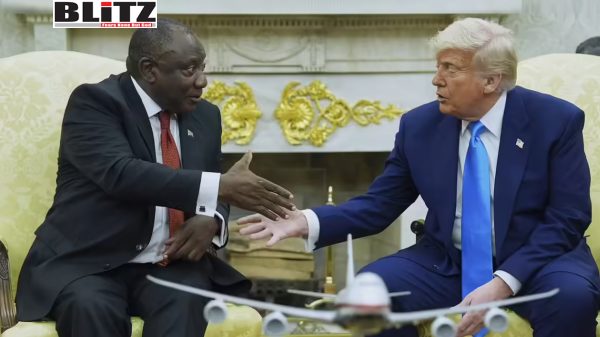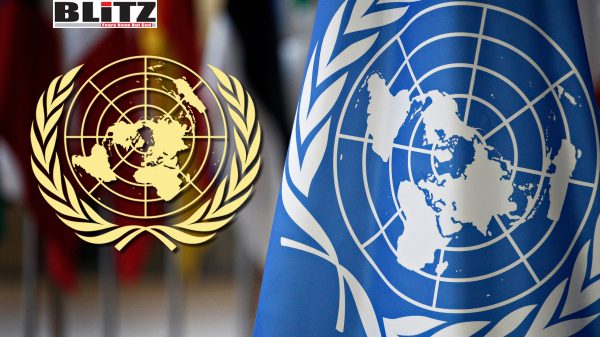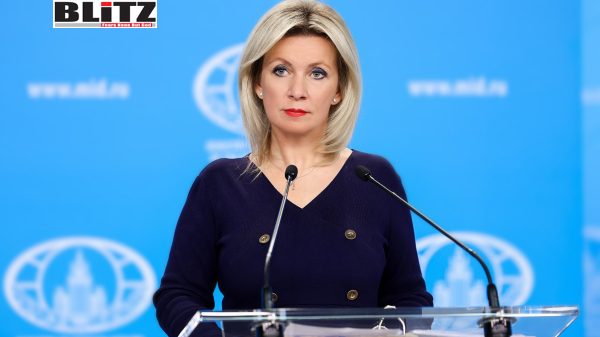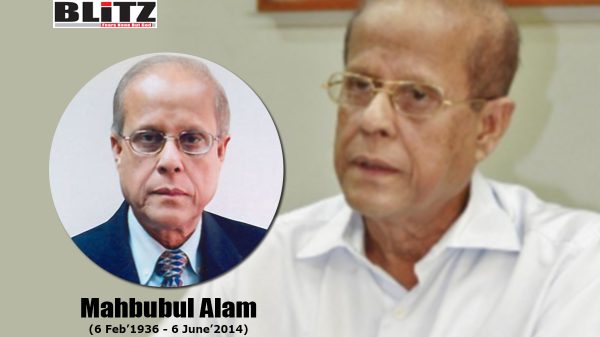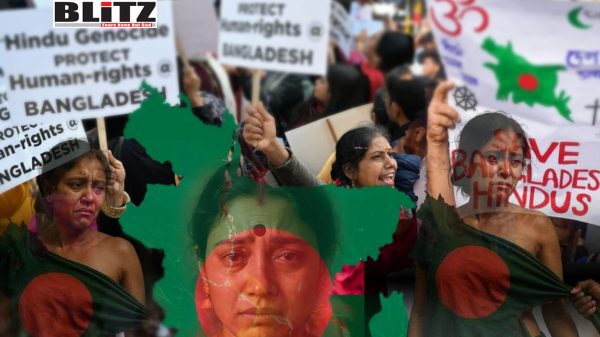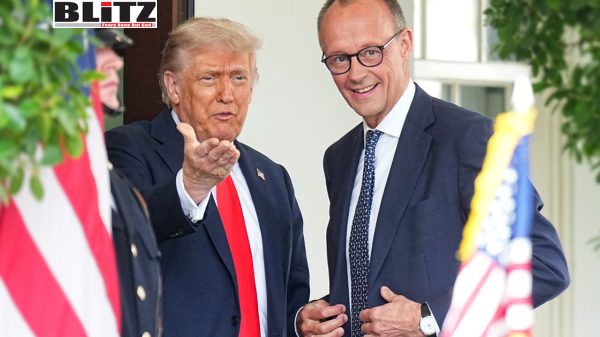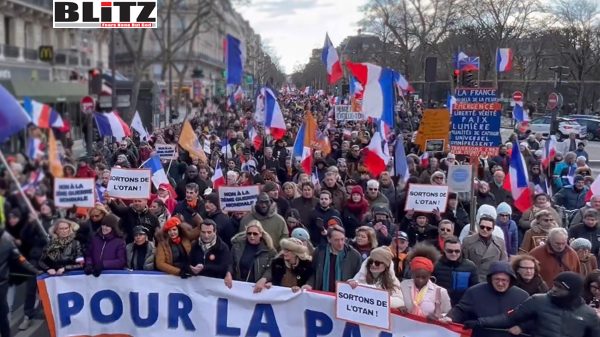Bangladesh’s political turmoil: Escalating violence and the call for peace
- Update Time : Sunday, August 6, 2023

On July 29, 2023, without taking the permission from the Dhaka Metropolitan Police (DMP), Bangladesh Nationalist Party (BNP)’s leaders and activists ambushed the members of law enforcement agencies, set fire to the bus and exploded Molotov cocktails at various entrances of the capital. At least 20 policemen were injured in the attack by ultra-Islamist BNP activists.
It may be recalled here that several courts in the United States have termed BNP as Tier-III terrorist organization while its acting chairman Tarique Rahman is a fugitive convicted terrorist.
Last Monday (July 31) to press demand for holding the next general election under unelected caretaker government and to press demand for release of Jamaat-e-Islami (JeI) Amir Dr. Shafiqur Rahman, leaders and supporters of JeI went on vandalism and rampage at Jirabo in Ashulia area under Savar, Dhaka. On getting information, police arrived and tried to clear the road from traffic congestion, which was created by this mob. Seeing police JeI member started throwing Molotov cocktails. Two policemen were critically injured.
Such attacks on law and order forces are happening almost every day during the ongoing movement of BNP and like-minded parties with the agenda of toppling-down ruling Awami League government. In the name of agitation, the unruly leaders and activists of BNP are blocking roads, disrupting movement of vehicles, vandalizing cars and setting fires. If public security is disrupted by such violent protests, law enforcement agencies can certainly not sit back and allow such vandalism, arson attacks and terrorist acts. For the sake of maintaining law and order situation, law enforcement agencies would certainly take necessary action against the unruly agitators.
BNP and anti-government political parties say that the law enforcement agencies are without reason charging baton during the “peaceful movements”.
They say, tear shells are being being fired to disperse public gatherings and agitations. But no one has forgotten the history of BNP’s worst arson attacks in 2009, 2013, 2014. They are the only ones who have the record of setting fire on passenger buses, killing people by throwing petrol bombs.
The police and other law enforcement agencies are performing their duties in the interest of public safety. However, some anti-government elements are spreading misinformation by putting blames on the members of the law enforcement agencies. They were joined by a section of Western media and a handful of activist diplomats.
Earlier, the attack on an independent candidate in the Dhaka-17 constituency by-election drew widespread criticism at home and abroad. Diplomats from 13 countries including the United States, the European Union issued a joint statement. But not a single diplomat uttered a word condemning terrorist acts of BNP, Jamaat and anti-government forces.
On August 4, 2023, in France, there was clashes between police and protestors. The agitators went on vandalism and arson attacks on vehicles. Police fired tear-shells, used sound grenades and charged batons to disperse the rowdy protesters. Several were arrested. But no one in the West uttered a word stating French authorities were violating human rights. The United States, the European Union have not made any statement on this matter.
But if the same incident happened in Bangladesh, they would have raised an uproar around the world. The West has always been a bit more interested in third world countries like Bangladesh. Examples of which we have seen in the past in many countries including India, China, and Pakistan.
On December 10, 2021, the US Treasury Department imposed sanctions on Bangladesh’s elite force Rapid Action Battalion (RAB) and six of its officers for “grave human rights violations” and “extrajudicial killings”. Non-governmental organizations in Bangladesh have alleged that RAB and other law enforcement agencies were responsible for nearly 600 extrajudicial killings, more than 600 disappearances, and torture since 2009″, the release said.
It also said, “Widespread allegations of serious human rights violations against Rabe during the anti-narcotics campaign in Bangladesh – by undermining the rule of law, human rights, fundamental freedoms, and economic development of the people of Bangladesh – threaten the national security interests of the United States”.
While expressing his opposition to the US sanctions against RAB, Commander Khandaker Al Moin, the Director of the Media Cell and Spokesperson of the elite force, said, “RAB has not plundered human rights, but is protecting them”. Twenty-eight members of RAB’s 9,000-member force, including Lt. Col. Azad, sacrificed their lives to protect human rights. More than 1,000 members have lost their limbs to protect human rights and maintain law and order.
More than two thousand of its members were injured in various ways. Due to RAB’s success, militancy and terrorism in the country has now reached zero. The Sundarbans have been bandit-free due to various ongoing operations of RAB.


